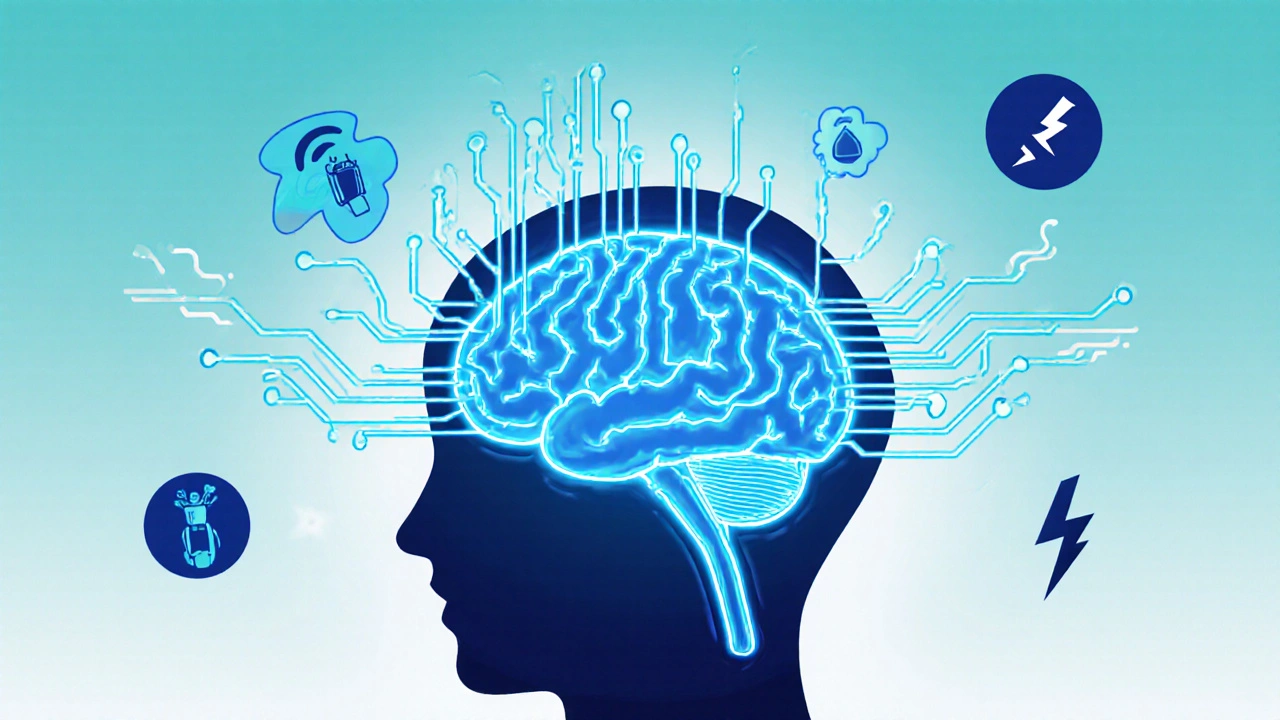When you stop taking certain medications suddenly, your body can react in ways you didn’t expect. This is called discontinuation syndrome, a set of physical and mental symptoms that occur after stopping a drug your body has adapted to. Also known as withdrawal syndrome, it’s not the same as addiction — but it can feel just as unsettling. It’s common with antidepressants, anti-anxiety meds, blood pressure pills, and even some pain relievers. You might feel dizzy, nauseous, anxious, or get electric-shock sensations in your head. These aren’t signs you’re failing — they’re signs your nervous system is adjusting.
Not all drugs cause this, but some are far more likely to trigger it. antidepressants, especially SSRIs and SNRIs like sertraline or venlafaxine are top culprits. benzodiazepines, like alprazolam or clonazepam, used for anxiety or sleep can cause severe rebound anxiety or seizures if stopped cold. Even beta-blockers, such as propranolol or metoprolol, used for high blood pressure or heart conditions can lead to rapid heartbeat or chest discomfort if discontinued abruptly. The risk isn’t about how long you’ve been on the drug — it’s about how your body learned to rely on it to stay balanced.
Here’s the key: discontinuation syndrome is almost always preventable. Most cases happen because people stop their meds on their own — maybe because they felt better, couldn’t afford them, or got scared of side effects. But skipping the taper is like slamming the brakes on a moving car. Your brain and body need time to readjust. Doctors use gradual dose reductions — sometimes over weeks or months — to let your system adapt. Some people need to switch to a longer-acting version first, like going from fluoxetine to a slower-eliminating alternative. It’s not one-size-fits-all. What works for one person might not work for another.
You’ll find real stories and practical advice in the posts below. Some explain how to recognize the early signs of withdrawal before it hits hard. Others compare different tapering schedules for common drugs. You’ll also see how post-marketing data and patient reports have helped doctors understand why some people suffer more than others. Whether you’re thinking about stopping a med, already feeling off after a missed dose, or helping someone else through this — the info here is meant to help you take control, not panic.
Posted by
Paul Fletcher
10 Comments

Antidepressant discontinuation syndrome causes real physical symptoms when stopping medication. Learn how to recognize the signs, avoid severe withdrawal, and taper safely under medical guidance.
read more